Do you ever feel that muggy sensation in the air, especially during hot summers or damp winters?
High humidity levels can make your home feel uncomfortable and stuffy. Excess moisture can also contribute to respiratory problems and encourage mold growth. Fortunately, dehumidifiers offer a solution by actively removing the moisture in the air. This creates a healthier and more comfortable environment for you and your family.
But when it comes to dehumidifiers, you can choose between portable units and whole-house dehumidifiers. While both aim to achieve the same goal, they cater to different needs. This article will cover the specifics of each type. So, keep reading to understand how they work, their unique advantages and disadvantages, and make an informed decision about which dehumidifier best suits your home and lifestyle.
Portable Dehumidifiers
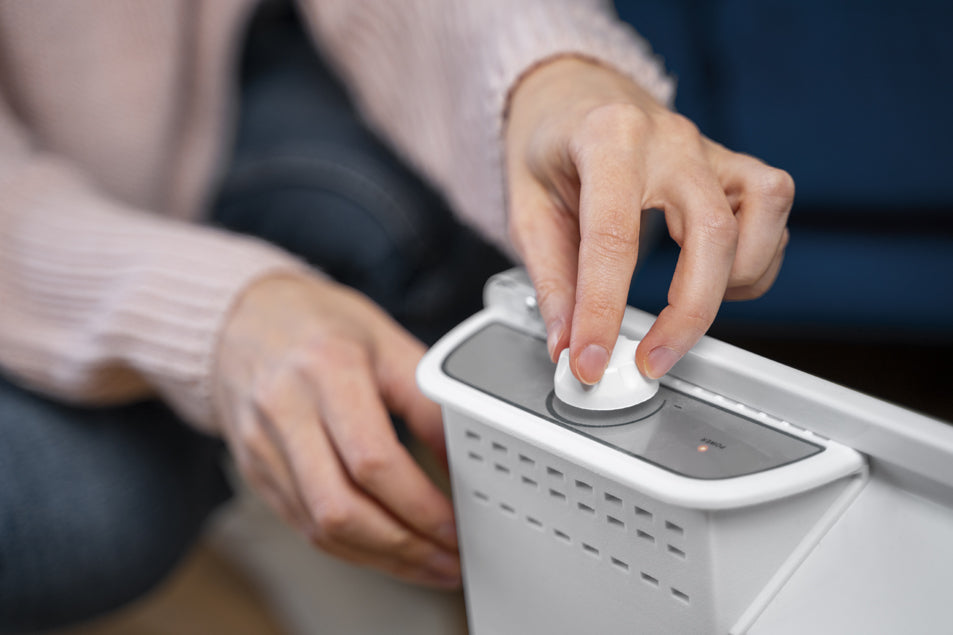
As the name implies, a portable dehumidifier is easily moveable from one location to another in your home. For instance, you can use it in the sitting room or your workspace during the day and take it into the bedroom at night.
They work to reduce the moisture content in the air within a single room. The machine uses a fan to pull in the excess moist air. Then a refrigerant cools the air as it passes through certain coils similar to that in an air conditioner. As the air cools down, most of the humidity content is condensed. This liquid is collected into a drip pan or removable container within the portable dehumidifier. The container is typically emptied by hand. Then, the dry hair is released back into the room.
Now that you understand how the portable dehumidifier works, let's look at some of its advantages and disadvantages.
Advantages
Affordability: Portable dehumidifiers are generally more affordable. This makes them a cost-effective solution for managing humidity in homes or spaces where installing a whole-house system may not be feasible or necessary.
Portability: One of the primary advantages of portable dehumidifiers is their mobility. They can be easily moved from one room to another, allowing you to target specific areas where humidity levels are a concern, such as basements, kitchens, or laundry rooms.
Easy Installation: Portable dehumidifiers do not require professional installation. You can simply plug them into a power outlet and start using them immediately. This means that you, the homeowner, can easily refer to the manufacturer's guidelines for use.
Disadvantages
Limited Coverage: While the compactness of the portable dehumidifier can be beneficial, it can also be a downside. This is because the dehumidifier can only reduce humidity levels in one or two rooms at a time, as its capacity typically ranges from 14 to 33 liters. In such cases, the rest of the house is left to face the increasing humidity levels.
High Maintenance: A portable dehumidifier may include a removable container for water, which needs to be emptied regularly. Taking this out can often be tedious and tiring for the homeowner, especially since you need to cater to other aspects of the dehumidifier, such as cleaning the filters.
Space: The portable dehumidifier takes up more area as it's placed on the floor or in other suitable locations. This may even cause the machine to get in the way.
Whole House Dehumidifiers
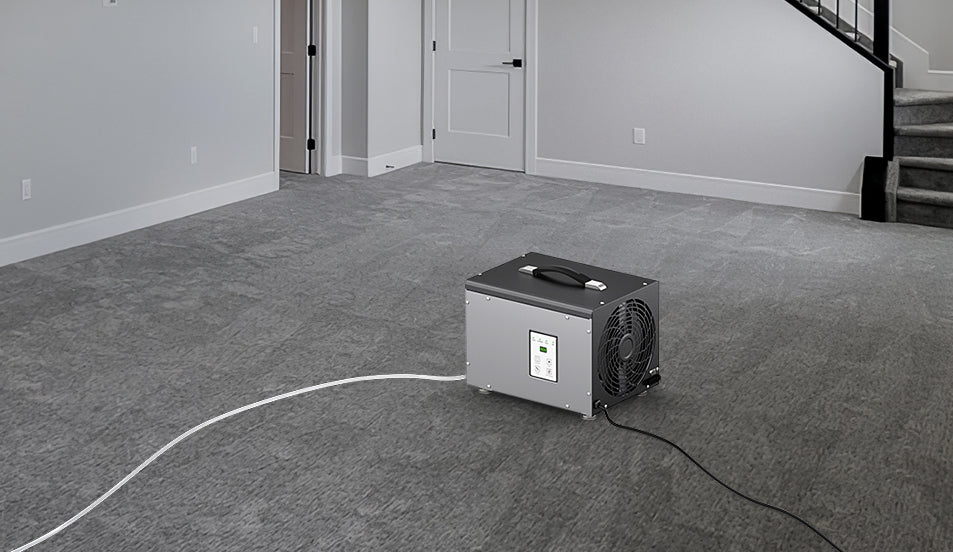
Again, the name of this dehumidifier is enough to understand where it works—the whole house. A single unit of the whole-house dehumidifier is enough to reduce the moisture levels across the house. They are typically installed with your home's HVAC system or may be left to work as a single unit.
The whole dehumidifier works similarly to the portable one and air conditioner. The moist air is pulled into the machine where it's cooled and condenses onto coils. The liquid is then drained, and the treated air is brought back to room temperature and released back into the house.
Now, let's look at some pros and cons of using a whole-house dehumidifier.
Advantages
Whole House Dehumidification: The purpose of a dehumidifier is to create a comfortable environment. The whole house dehumidifier does this for not just one area but every room in your house.
HVAC System Lifespan: Your air conditioner typically cools, dehumidifies, and filters your air. Using a Baseaire whole-house dehumidifier will reduce the moisture content as it connects to the HVAC system. This reduces the work your A.C. does to cool the air.
Low Maintenance: A whole house dehumidifier is installed to drain directly into your house's plumbing system, so it doesn't require you to do as much work in keeping it spick and span.
Quiet Operation: A whole house dehumidifier operates quietly and doesn't disturb daily activities.
Disadvantages
Cost: Whole House Dehumidifiers are more expensive than portable dehumidifiers and this makes them a significant investment for your home.
Requires Installation knowledge: The intricacy associated with connecting dehumidifiers to HVAC systems or taking a pipe to your basement makes it important that qualified professionals oversee the installation. This ensures your safety and that the dehumidifier is correctly installed.
Noise: A portable dehumidifier may generate high amounts of noise as it works. This may be disturbing if you're sensitive to sound or, perhaps, have a full house.
Choosing The Right Dehumidifier
The ideal dehumidifier for your home depends on your needs and budget. Here's a breakdown:
Whole-house dehumidifier: Perfect for controlling moisture levels throughout your entire home, especially beneficial for large spaces or areas prone to high humidity.
Portable dehumidifier: A great option for targeting specific rooms that experience moisture problems, ideal for smaller spaces or those who move frequently.
Conclusion
With a better understanding of whole-house and portable dehumidifiers, you're closer to tackling those high humidity levels in your home. Keep in mind that the ideal choice depends on your specific needs and priorities. Consider the size of your home, budget, desired level of moisture control, and comfort level with maintenance tasks. For whole-house solutions, factor in the cost and potential disruption of professional installation.
Ultimately, both portable and whole-house dehumidifiers can effectively reduce the humidity levels in your home, creating a more comfortable and healthy environment. You can confidently choose the dehumidifier that best fits your needs by carefully weighing the pros and cons outlined in this article.

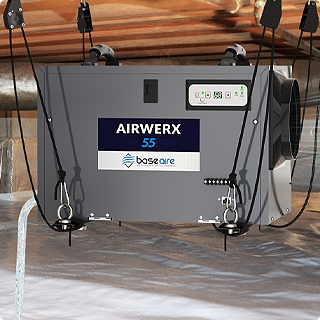
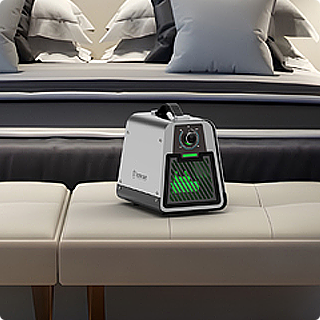
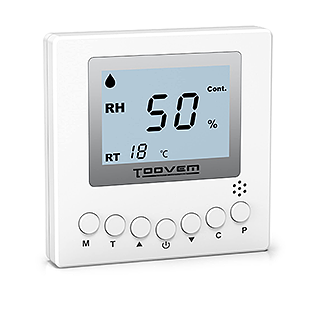
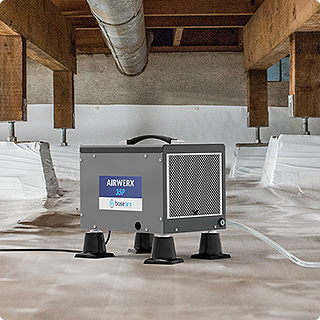
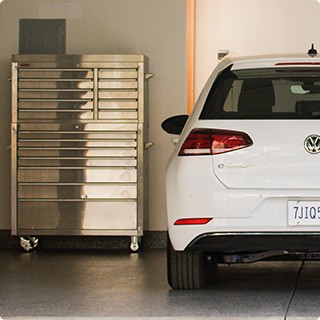
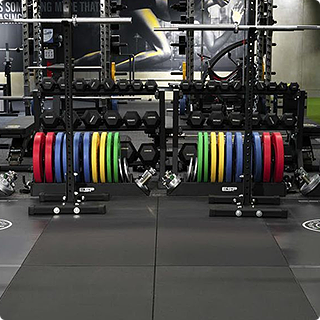


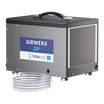
![BaseAire 888 Pro 7,000 mg/h Ozone Generator, Digital O3 Machine Home Ozone Machine Deodorizer - Ozone Generator from [store] by Baseaire - Disinfection, Ozone Generator](http://www.baseaire.com/cdn/shop/products/888-Pro-_-1.jpg?v=1698817267&width=104)
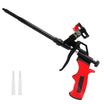

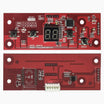
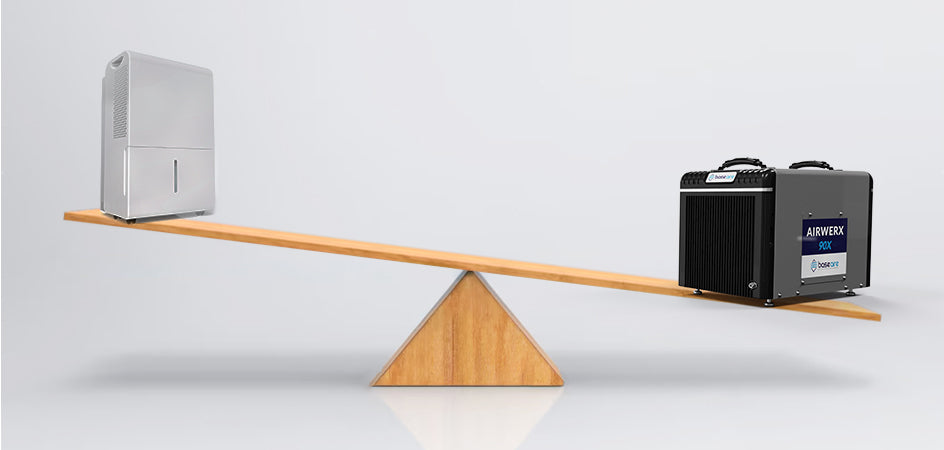
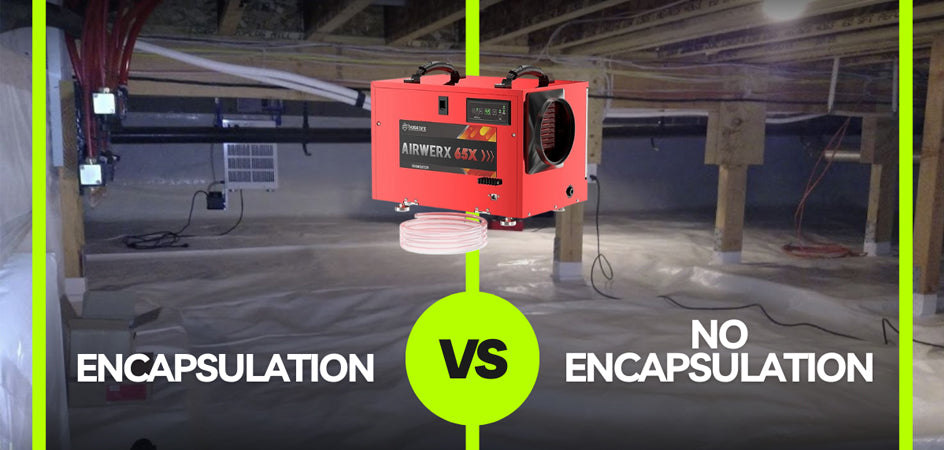

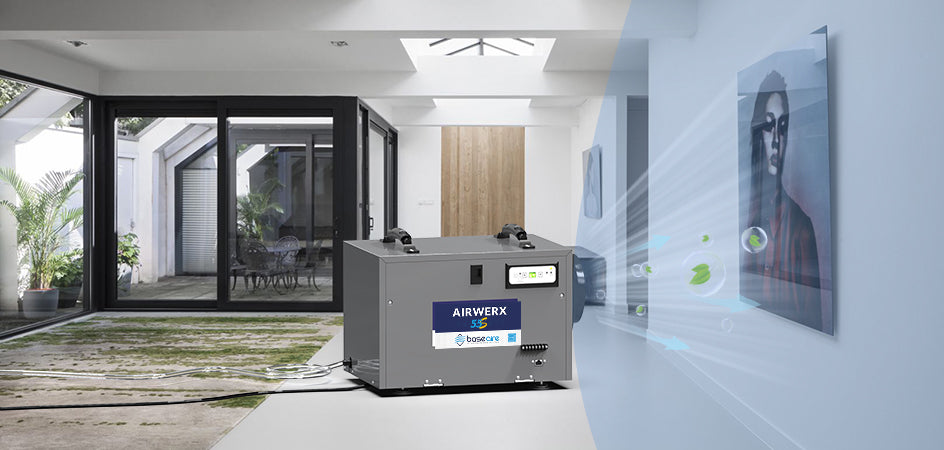




Leave a comment
All comments are moderated before being published.
This site is protected by reCAPTCHA and the Google Privacy Policy and Terms of Service apply.